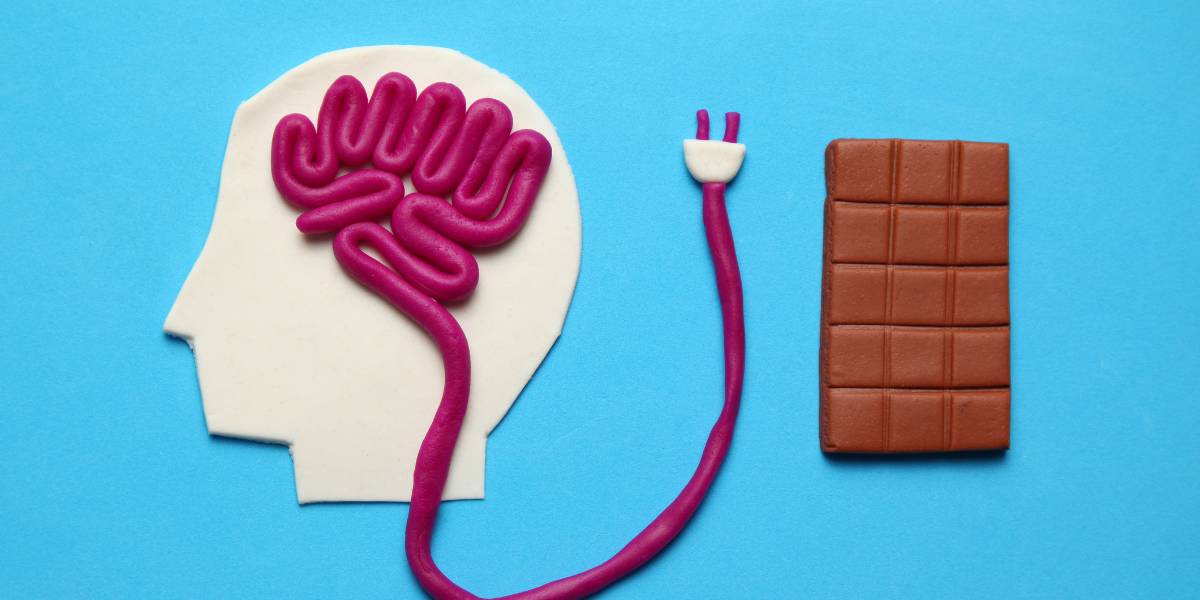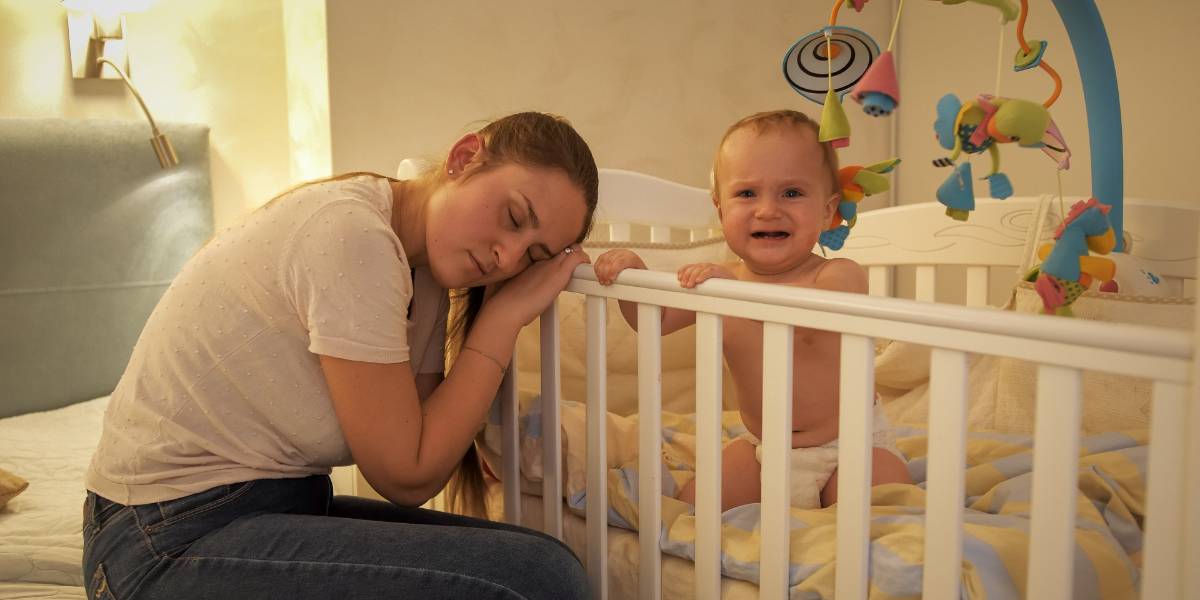A stable brain pattern – or neuromarker – for drug and food craving has been identified in a new study.
Researchers from Yale, Dartmouth and the French National Centre for Scientific Research set out to discover if it was possible to detect if people experiencing similar levels of craving share a pattern of brain activity using a machine learning algorithm and whether they could use the pattern to predict craving levels based on brain images.
Data was collected while 99 individuals, who identified themselves as either drug users or non-users, viewed images of drugs and highly palatable food. They then rated how strongly they craved what they had seen.
- Male addicts with high cortisol levels less likely to recover, study claims
- Man puts type 2 diabetes into remission 23 years since diagnosis
The algorithm identified a pattern of brain activity, called Neurobiological Craving Signature (NCS), that could be used to predict the intensity of drug and food craving from fMRI images alone, according to the researchers.
The NCS revealed that brain responses to drug and food cues were similar and it was also able to differentiate drug users from non-users based on their brain responses to drug cues, but not to food cues.
An author of the study, Hedy Kober, an associate professor of psychiatry at Yale School of Medicine, said: “These findings are not specific to one substance because we included participants who used cocaine, alcohol, and cigarettes, and the NCS predicts craving across all of them.
“So, it’s really a biomarker for craving and addiction. There’s something common across all of these substance use disorders that is captured in a moment of craving.
“Our hope is that the brain, and specifically the NCS as a stable biological indicator, might allow us to not only to identify who has a substance use disorder and to understand the variance in people’s outcomes, but also who will respond to particular treatments.”
The researchers conclude that while NCS is promising, it needs further validation and is not yet ready for clinical use.
The study was published in the journal Nature Neuroscience.





